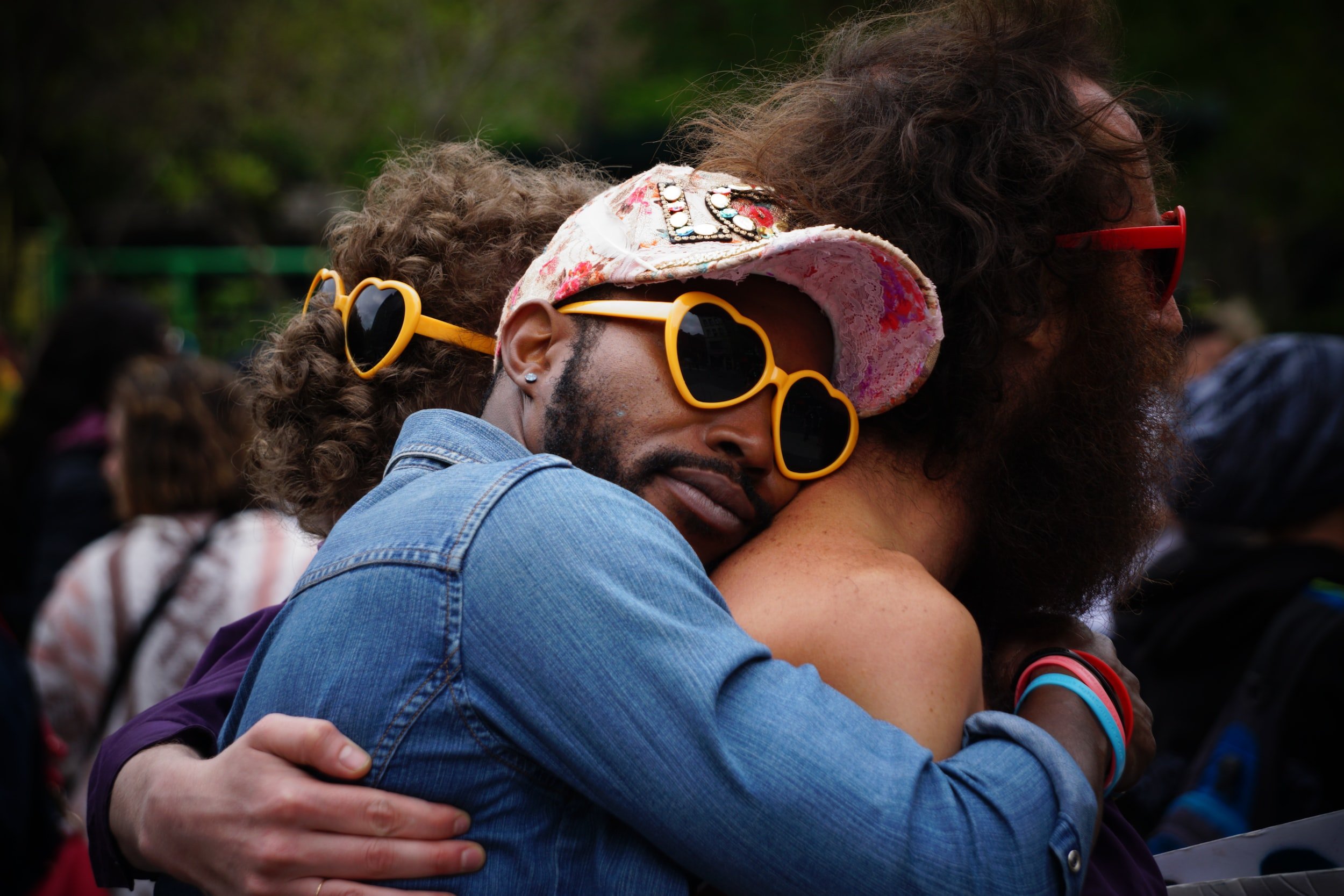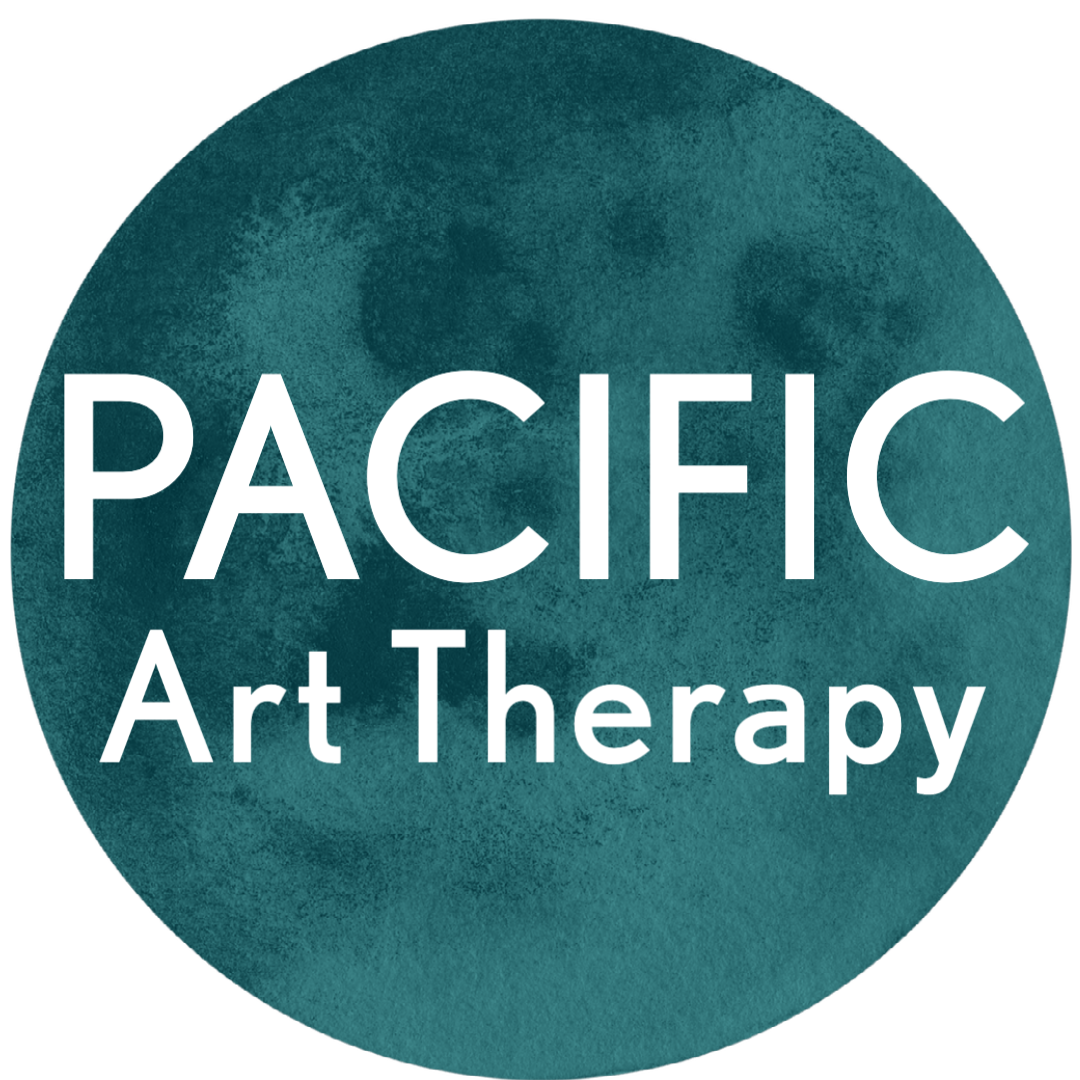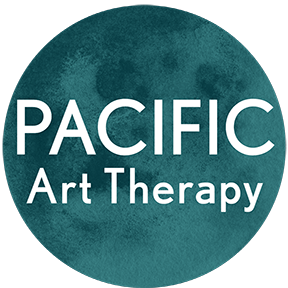
About Adlerian Psychology
a holistic way of looking at each individual with compassion
& inquisitiveness, which manifests a safer space to explore & evolve
Alfred Adler was a member of the Viennese Psychoanalytic Society
with Sigmund Frued. His departure to create his own theory of human behavior had significant differences from Freud in many ways. He called his theory Individual Psychology, and it’s also named after him: Adlerian Psychology.
Individual Psychology is a comprehensive, yet complicated theory of human behavior.
It is was one of the earliest short-term, positive, strengths-based and solution-oriented approaches to psychotherapy. Adler's work is fundamentally a systemic theory. One of his notable contributions were books for laypeople, such as the tailor’s trade, and his Child Guidance Clinics, which were community-based demonstrations.
These concepts continued to be developed by Rudolf Dreikurs and his wife, Sadie “Tee” Dreikurs.
Tee Dreikurs is the pioneer of Adlerian Art Therapy and author of Cows Can Be Purple
She imagined art therapy interventions while doing social work with troubled boys at the Hull House alongside her husband, Rudolf. She was the creator of the art therapy program at Adler University, Chicago.
Many people also enjoy reading about the theory in a book called The Courage to Be Disliked: The Japanese Phenomenon That Shows You How to Change Your Life and Achieve Real Happiness.
Individual Psychology continues to evolve in a rapidly changing world which demands updated language and conceptual framework.
Modern Adlerians find a variety of applications, including applications with people with trauma, gender diverse people, and social justice- and multicultural-oriented applications.
Find out more about Adlerian Psychology :
What the heck is a theoretical orientation?
A counseling theoretical orientation, or “theory” for short, is what guides a counselor or therapist in working with their clients. Think about it like a roadmap to understanding human behavior.
It is a belief about how people live, change, and die. It’s a path forward to helping people with their problems.
Most of these theories were created by one individual a long time ago and have had to be updated as time has gone by. Adlerian psychology, sometimes called Individual Psychology, is this way too. Many of the old translations have lost modern applicability (for example with the gender binary inherent in heteronormative ideas about love and relationships), but contemporary practitioners keep it fresh if they know how to think critically!
Individual Psychology uses holism to conceptualize a person’s unique way of solving problems, usually rooted in unresolved childhood narratives.
It also posits that discouragement and lack of belonging are at the root of all pathology. Which is wild!
Bringing past patterns and programming into the awareness of the client, and reorienting them toward creating belonging for others: this is the way out of much human suffering. Of course, this doesn’t explain or apply to every single problem in life, but that’s why it’s a theory. It’s big and broad, and most things can be conceptualized using it if you look hard enough.
Individual Psychology is also a Humanistic theory. Decades later, the therapist Carl Rogers came up with the theory that the “authentic, unconditionally positive regard” of the therapist was everything- and that the relationship is what heals people, and he coined this Person-Centered therapy. This was later confirmed by Common Factors.
Adlerians are inherently person-centered, as we seek to understand the world through another’s eyes and feel with their heart.
Concepts I integrate with Adlerian Psychology
-

Individual Psychology
Adlerians believe that community spirit and service are the keys to happiness. Cooperation is key. Growth can only happen when we make mistakes.
-

Creativity
The arts help us heal and grow in new ways. Introducing opportunities to be creative can have a tremendous impact on individuals and communities.
-

Attachment Theory
Secure attachment means someone feels safe in relationships with others. Establishing connection, trust, and safety is at the heart of our work.
-

Somatic Theory
Somatic theory is about mindful embodiment and interventions that consider the corporal element of suffering.
-

Secular Buddhism
Buddhism is a philosophy and a way of living. We do not practice the traditions of Buddhism from a religious perspective, but rather as a teleology.
-

Feminism
Feminist theory is about equality. It helps foster an egalitarian relationship, leveling the power dynamic between people.
-

Polyvagal Theory
Pertaining to the vagus nerve, this theory of human behavior is about sensing safety using your whole body: your brain, your organs, and your entire nervous system!
-

Multiculturalism
Multicultural counseling orientation means expanding notions of health to those who are colored by many intersecting identities. It’s also about dismantling harmful power dynamics between therapist and client. Especially if the counselor is white.





